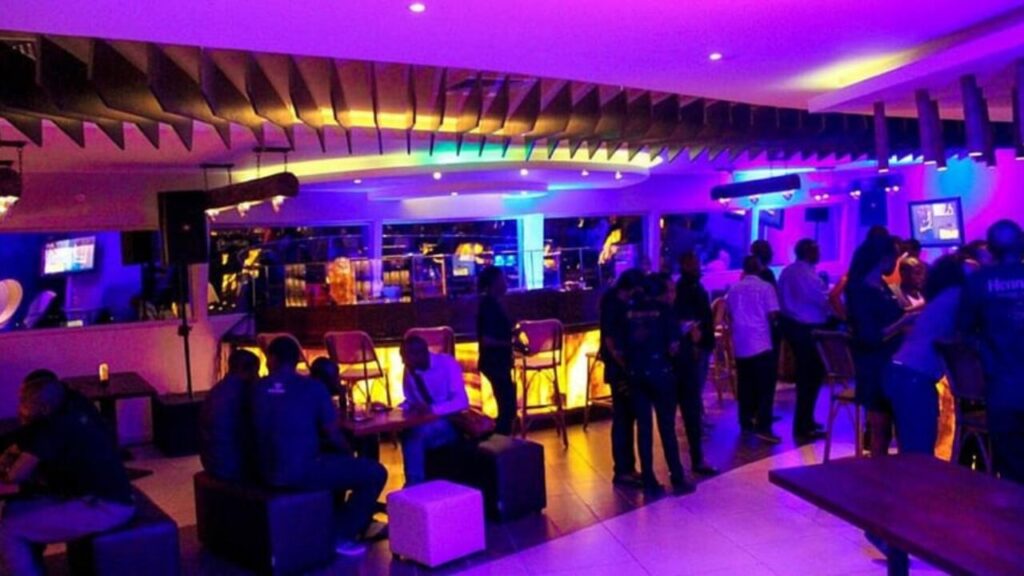Bar Owners urge Parliament to reject proposed increase in Excise Duty on alcohol

The Bar, Hotels, and Liquor Traders Association (BAHLITA) has voiced its opposition to the proposed increase in Excise Duty on Beer and Spirits.
If adopted, the lobby group says, it will lead to an increase in illicit alcohol trade as Kenyans will smuggle cheaper products from other markets.
The National Treasury through the Finance Bill 2022 proposed to increase excise tax for alcoholic
beverages; Beer (10%), Spirits (20%), Glass Bottles (new excise tax at 25%) and 15% on advertising
fees for alcohol products.
Speaking during a press conference at a Nairobi Hotel, the lobby group led by BAHLITA National
Chairman Simon Njoroge noted that the government should be cognizant of the current hard
economic times that Kenyans are going through and not burden them further through harsh laws
that risk pushing thousands of Kenyans out of jobs.
The proposed excise duty will not only affect manufacturers, farmers but also businesses and consumers
“We are opposed to the move by the government to increase the Excise Duty on alcohol products
as this will put a further strain on the purchasing power of consumers, increase in cost of doing
business as well as encourage uptake of illicit alcohol. As concerned businesses and citizens, we
wish to urge Parliament to reject these proposals in line with the recommendations of the report
by the National Assembly’s Committee on Finance and Planning.” Mr. Simon noted.
In addition, the lobby group has sent a petition to National Assembly, protesting any further amendments to the Finance and Planning Committee report recommendations. The group has indicated that they are aware of MPs who proposed to increase taxes on alcoholic beverages beyond what was initially proposed in the Finance Bill 2022.
“We are aware that certain members of parliament have proposed to increase alcohol taxes beyond what was proposed in the Finance Bill 2022. Such proposals have not gone through public participation in accordance with Article 118 of the Constitution of Kenya and also Article 201 (a) which specifically deals with public participation in financial matters. Therefore, such proposals violate the public participation framework as enshrined in the Constitution of Kenya and National Assembly Standing Orders and we intend to legally challenge such amendments if passed.” Mr.
Simon confirmed.
As a remedy, the lobby group has asked government to focus more on working with relevant stakeholders to weed out illicit alcohol trade. Through collaborative engagement, the government has been able to reduce the level of illicit trade from 56% in 2012 to 44% (490million litres) in 2018.
Early last week, the Glady’s Wanga-led Finance Committee shot down the proposal by Treasury to increase the taxes on alcoholic beverages. It cited the need for the government to give the sector time to recover from the effects of COVID-19 which has had adverse effects on their operations since 2020.
This happened even as IMF and National Treasury are said to be mounting
pressure on Parliament to increase taxes amid escalating cost of living.





